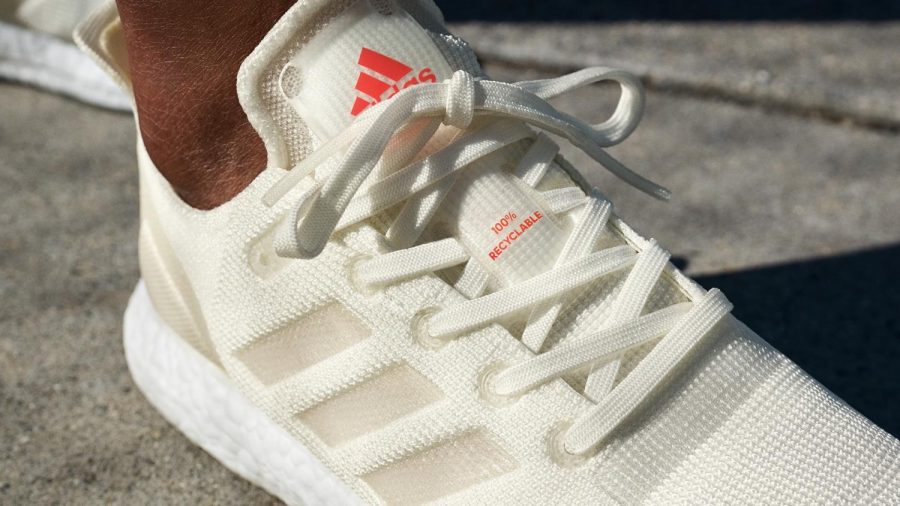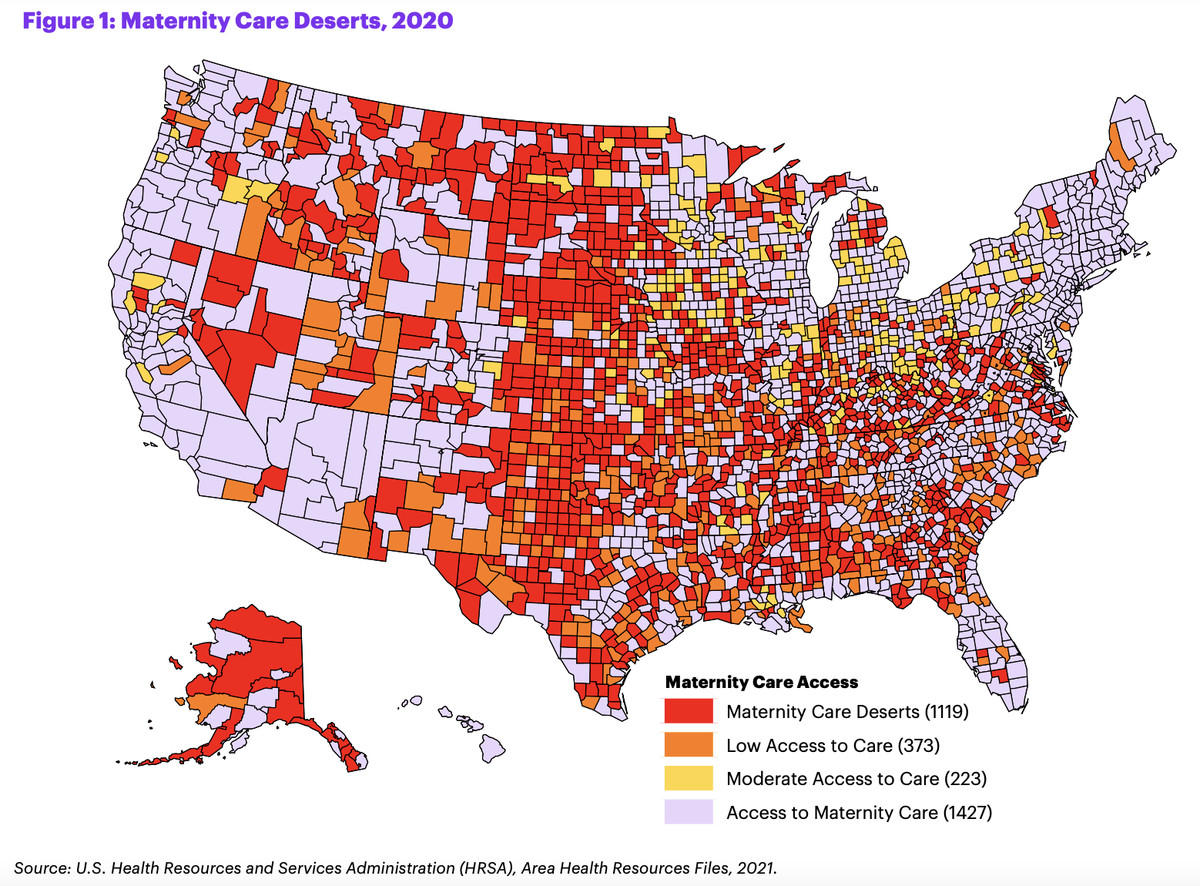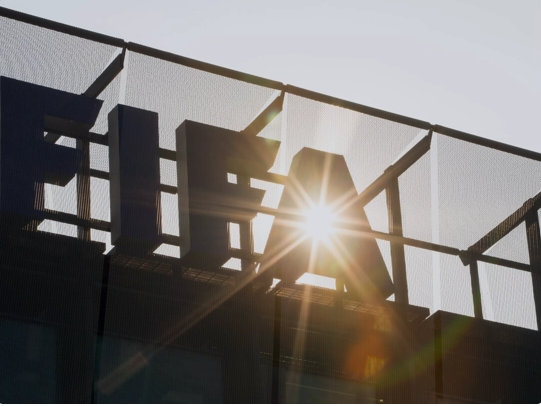On April 17, 2019, sportswear company Adidas announced their new shoe that is 100% recyclable. In collaboration with the environmental organization Parley for the Oceans, Adidas pledged to only use recycled materials by 2024.
First introduced in 2015, their line of shoes, Adidas x Parley, is made with recycled materials. The newest addition, Futurecraft.Loop, is made solely out of recycled materials: recycled thermoplastic polyurethane, a type of plastic, spun into a yarn. This material is then made into the shoe.
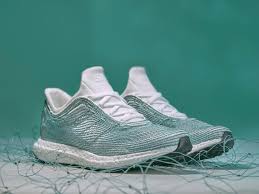
“[The] Futurecraft.Loop is our first running shoe that is made to be remade,” said Adidas Executive Board Member Eric Liedtke in a statement on the Adidas website. “It is a statement of our intent to take responsibility for the entire life of our product; proof that we can build high-performance running shoes that you don’t have to throw away.”
However, Adidas isn’t the first company to focus their shoes on sustainability or recycled materials. To name a few, companies such as Ecoalf, Etiko, and For Your Earth are eco-sustainability focused companies. Other companies such as Vans and Keds have also attempted to go green to better the environment.
With Adidas making the first 100% recyclable shoe, I believe that the sportswear industry is going to change tremendously within the next five years.
Nike already has a “Reuse-A-Shoe” program, through which you can drop almost any shoe of any brand off at a Nike store, and new shoes are made using the old shoe scraps. This program began in the early 1990s, long before Adidas first introduced the Adidas x Parley line.
I think Nike can and will step up the “Reuse-A-Shoe” program and will begin to use recycled materials, such as plastic waste in the ocean, to make their shoes and could also implement the recycled plastic threads into clothes.
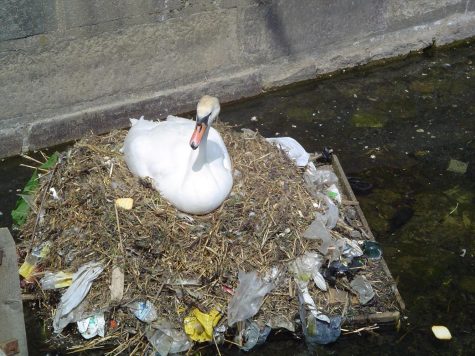
In my opinion, Adidas’s claim to only use recycled materials by 2024 is a gamechanger, not only changing how sportswear is made but lowering the pollution in the ocean.
According to Ocean Crusaders, an Australian non-profit environmental organization, 100 thousand marine animals die each year from getting caught in plastic. That number doesn’t include the birds; every year, 1 million birds die from plastic entanglement. Those numbers are accompanied by an article published by scientific journal PLOS One in 2014, claiming there is more than 5 trillion plastic pieces in the ocean, adding up to over 250 thousand tons.
It will be interesting to see how the oceans change from Adidas’s movement within the next few years. If Nike and other companies join Adidas in using recycled plastics, the amount of trash in the water can decrease exponentially, and the ecosystem will then benefit tremendously.

